Something truly groundbreaking just happened in the Android gaming world. Android Authority reports that Eden Emulator has become the first Nintendo Switch emulator to land on the Google Play Store, a milestone that felt impossible just months ago. This is not just another emulation story. It is a shift that could reshape how we think about mobile gaming and platform boundaries. Eden is a fork of one of the most successful and infamous Switch emulators, now available for devices running Android 11 or later.
What makes Eden different from other Switch emulators?
Eden did not appear out of thin air. It came out of the emulation community’s recent shakeups, with developers who left the Citron project forming a new group, and the Sudachi developer now recommends switching to Eden. The result is a mobile‑first build that is optimized to run Switch games smoothly on mid‑range Android phones with Snapdragon 865 hardware, and Snapdragon 8 Gen 2 and newer chipsets get extra performance tuning. Got a recent flagship? You will feel the headroom.
The approach goes beyond raw speed. Eden balances simplicity for beginners with deep options for pros, offering customizable touch controls, full external controller support, and HD Rumble functionality. The big swing is architectural. Eden was designed specifically for Android, and its mobile-friendly UI built for touchscreens avoids the clunky desktop-to-phone ports that slowed older projects.
PRO TIP: Eden’s mobile tuning shows up in the little things, near‑native frame rates on mid‑range devices, thanks to a rendering engine that targets mobile GPUs rather than repurposed desktop tricks.
Why is being on the Play Store such a big deal?
For the first time, a Switch emulator is on the marketplace. Getting through Google’s review while keeping core emulation intact has long been the blocker, which is why other apps stayed in sideload territory.
For players, the shift is immediate. No more APK scavenger hunts or toggling unknown sources. The Play Store brings legitimacy, automatic updates, and Google’s security checks. Eden emulator is quickly gaining traction because those headaches vanish.
The ripple effect reaches the whole scene. Google’s approval hints that Switch emulation has matured to a point where mainstream distribution is viable. After Nintendo’s takedown of Yuzu, its code remained available as open source and the community splintered. Eden’s listing helps pull those forks into a single, stable, visible place.
What are the technical requirements and performance expectations?
Here is the hardware reality. Eden works best on high‑end Android smartphones running Android 11 or newer, with 6 GB of RAM and a Snapdragon 865 or higher. Recent updates bring improved performance for Snapdragon 8 Gen 2 and newer, crash fixes for large .XCI and .NSP files, better audio sync, dynamic resolution scaling, plus UI touches like dark mode and a quick access toolbar.
Compatibility keeps climbing. Eden offers high compatibility with a growing library, with enhanced compatibility in demanding titles like Zelda: Tears of the Kingdom and Pokémon Scarlet. If an emulator can handle those, it is not a proof of concept anymore.
Controller support seals the mobile-first idea. Alongside native support for external Bluetooth controllers from Xbox, PlayStation, and third‑party gamepads, Eden works with Bluetooth controllers like GameSir and Backbone with full vibration support. On‑screen players get new touch control customization with advanced haptics, and there are auto‑save and quick load state hotkeys for pick‑up‑and‑play sessions.
The legal landscape and what it means for users
Time for the elephant in the room. Eden Emulator is legal when used responsibly, meaning you dump firmware and game files from hardware you own. The team has been careful, with an aim to avoid explicit decryption inside the emulator.
Those lines were not drawn by accident. After Yuzu, where legal issues appeared around support for unreleased games and paywalled optimizations, Eden sticks to technical progress and keeps distance from decryption or distribution gray zones. The developers’ stance is clear, they are opposed to drama and leaks, and that discipline reads as a lesson learned. Bottom line, emulation of the Nintendo Switch is legal in western markets, and the details of implementation are what matter for platform approval.
Where does mobile emulation go from here?
Eden is more than a new app icon. It is proof that serious console emulation can live in a mainstream store and still respect the rules. The Eden team is working on Windows and Linux versions, so the Play Store looks like the first stepping stone, not the last.
If this model holds, expect more emulators built with app‑store distribution in mind. That would push the space from hobbyist tools to polished platforms, with developers improving performance through steady updates instead of sporadic sideload drops.
The mobile angle is the most exciting part. As Eden shows full Switch games running smoothly on modern Android phones through official channels, the console and phone line keeps fading. Pair that with today’s controllers and grips, and the idea of console‑quality mobile play stops sounding like a stretch.
The team’s tone helps too. Their appreciation for community support and steady development cadence suggest a move toward grown‑up software practices, not the drama loops that slowed earlier projects.
Bottom line: Eden’s Play Store presence legitimizes emulation in a way we have not seen before, potentially paving the way for a future where playing your legally owned games across devices is as simple as installing any other app.




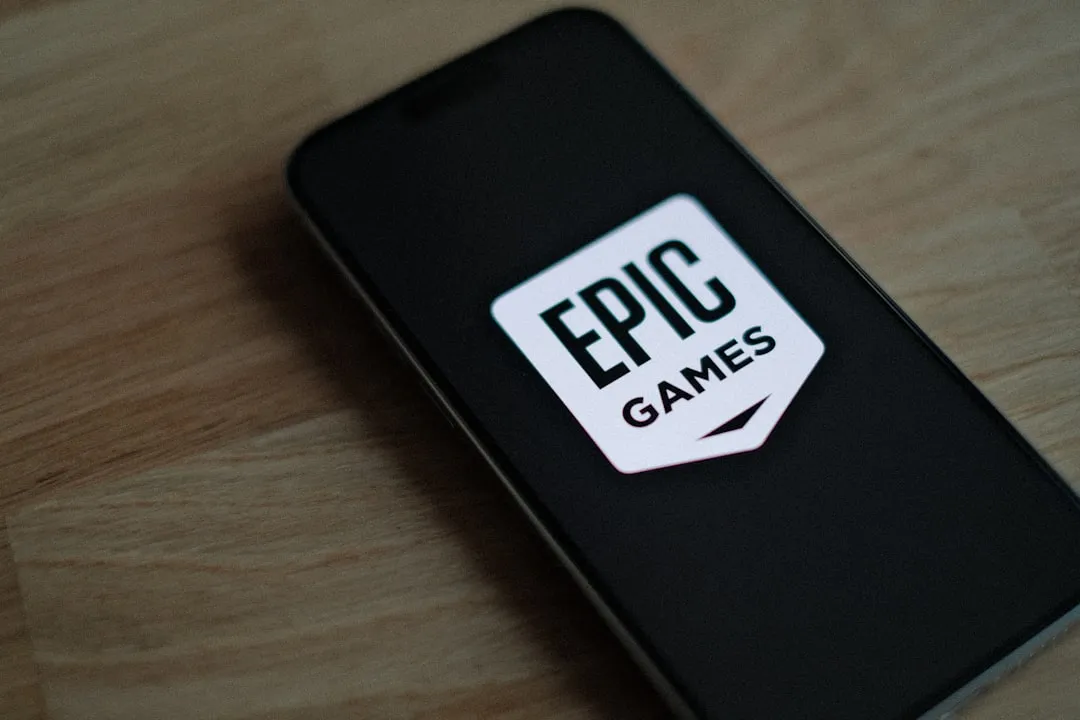

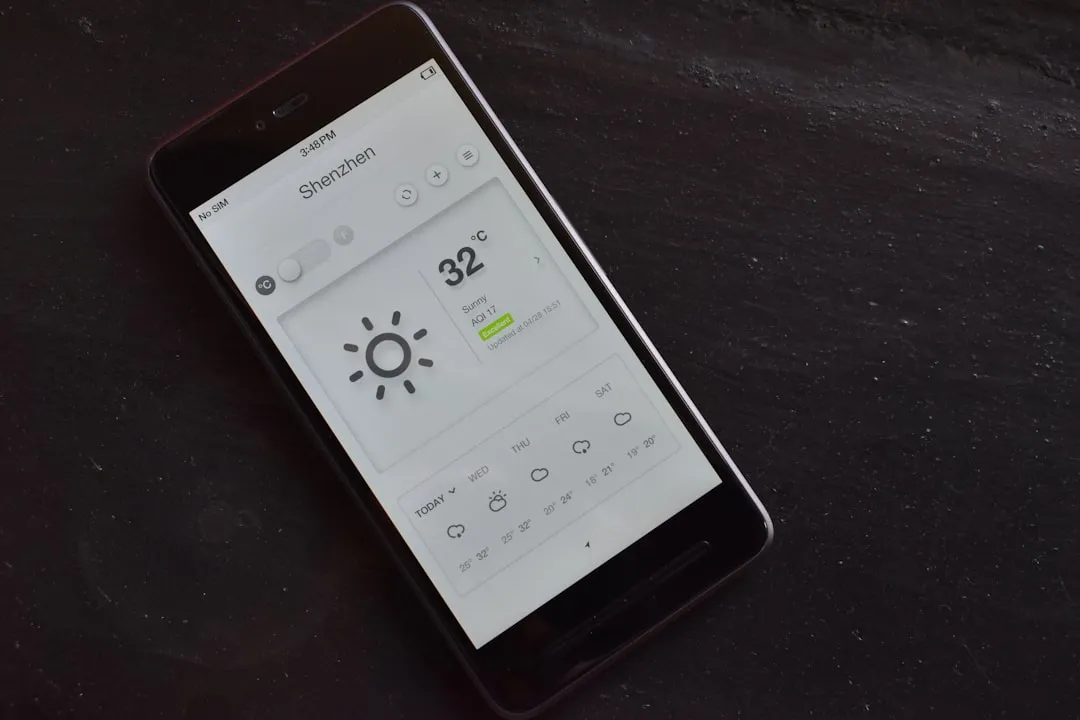
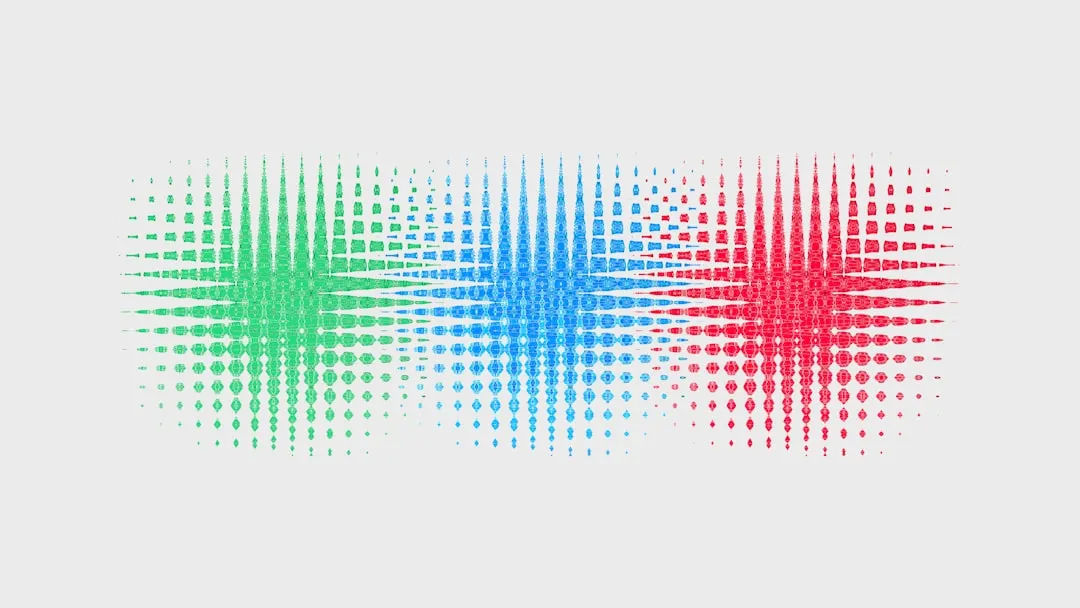
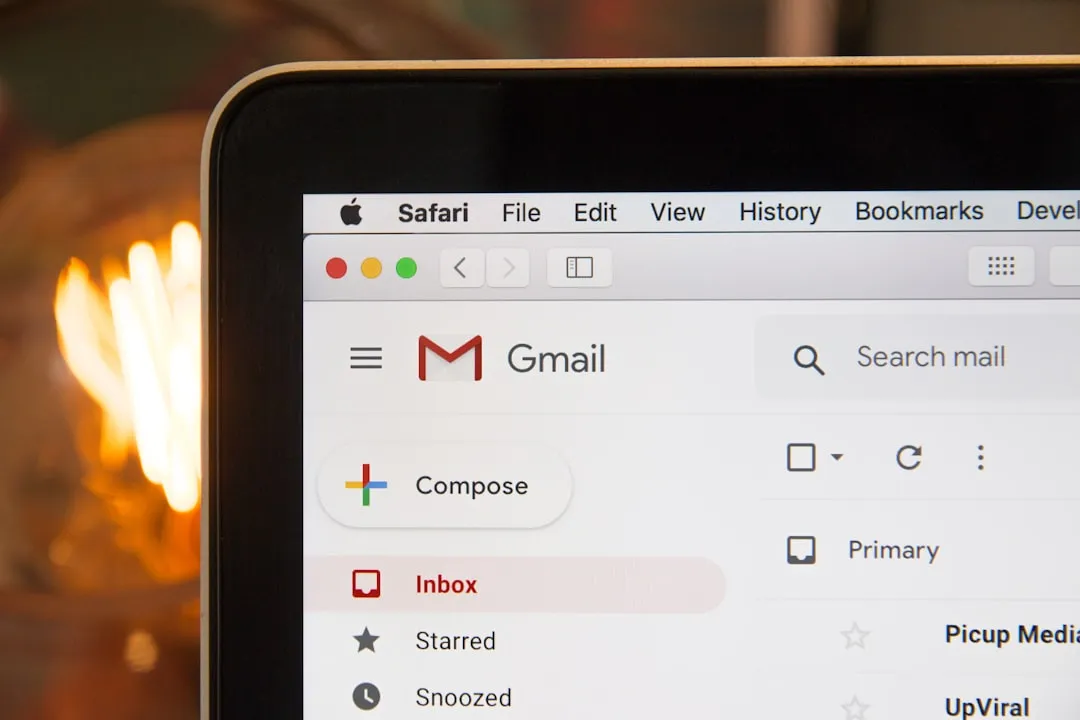
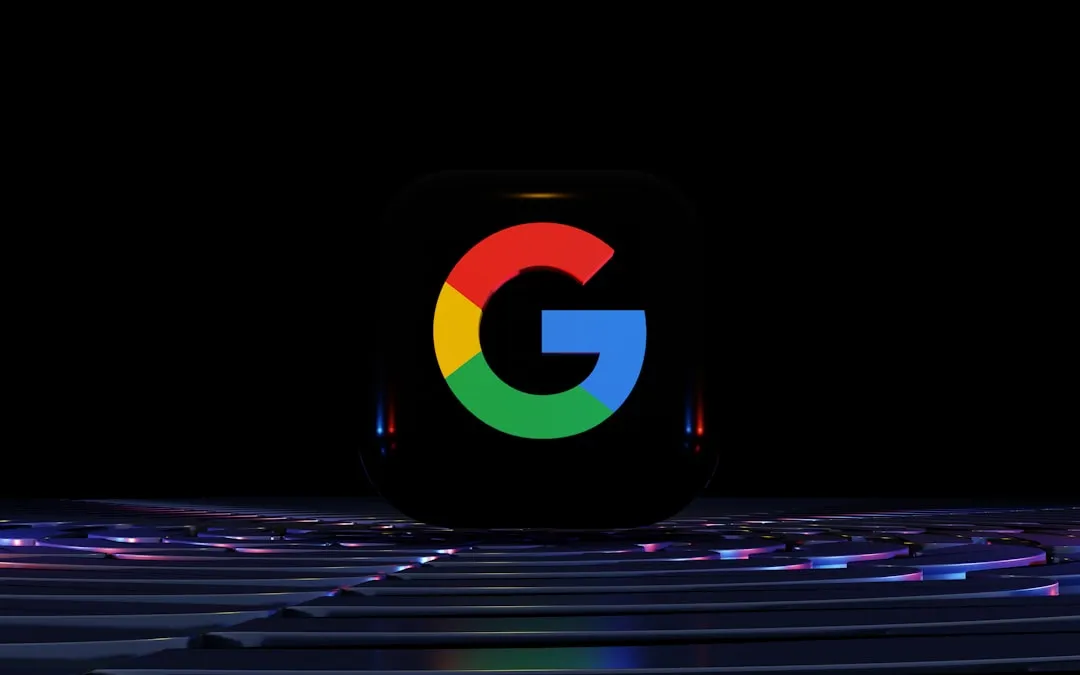
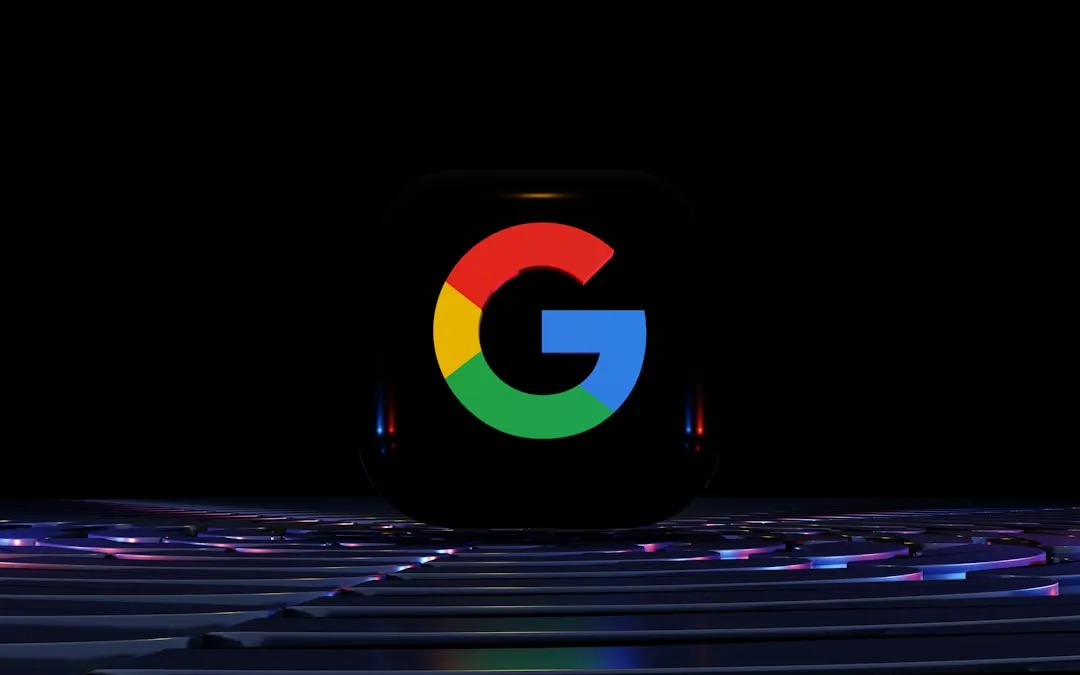
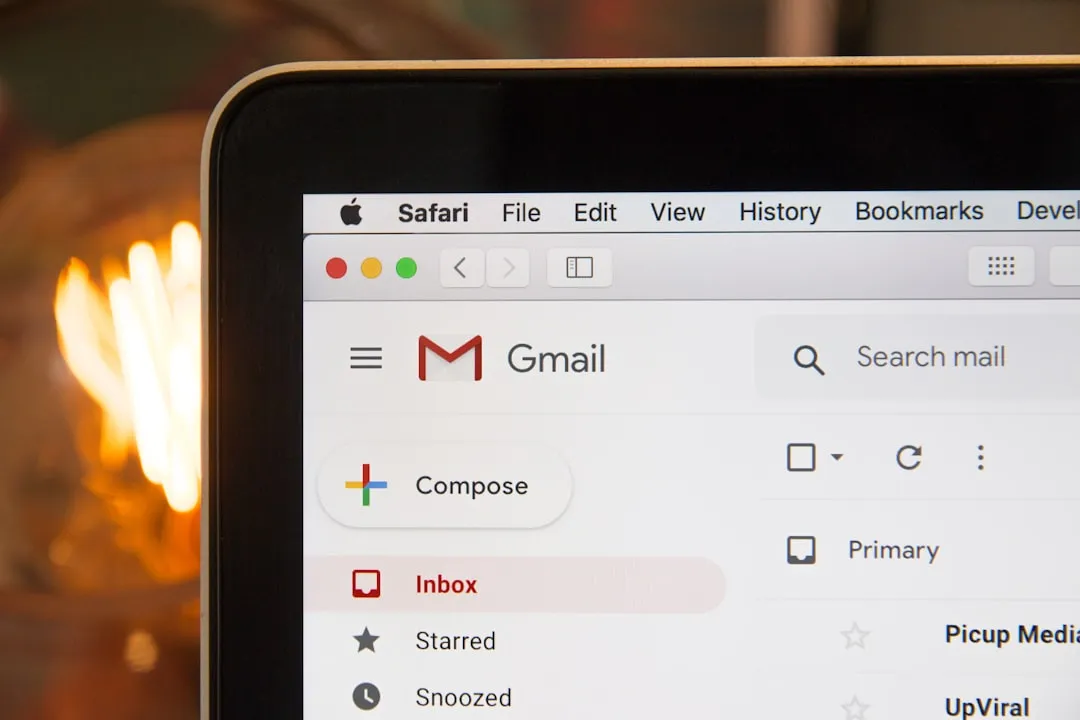
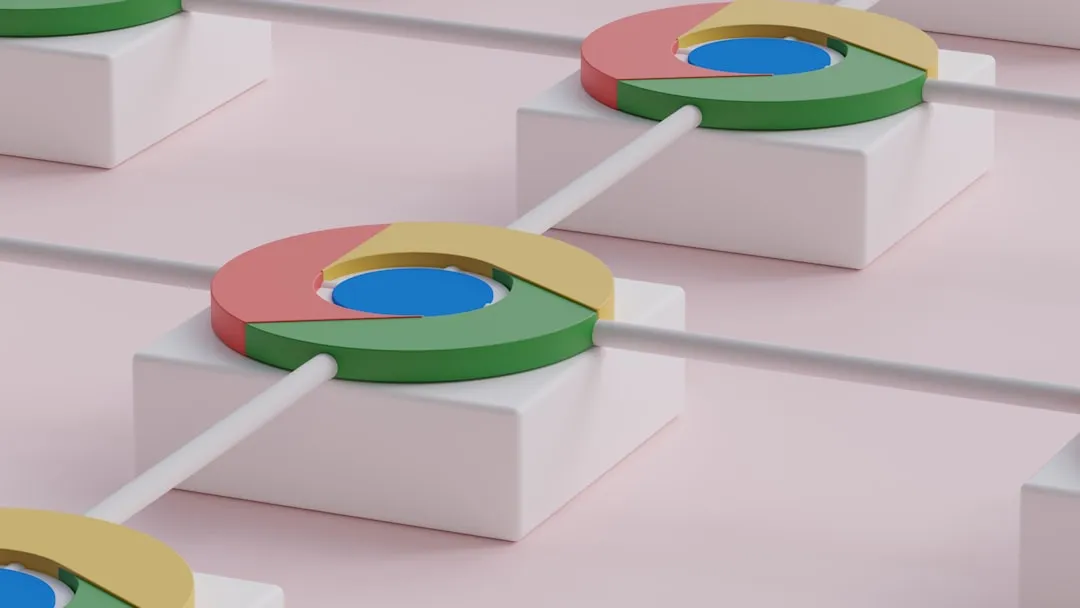
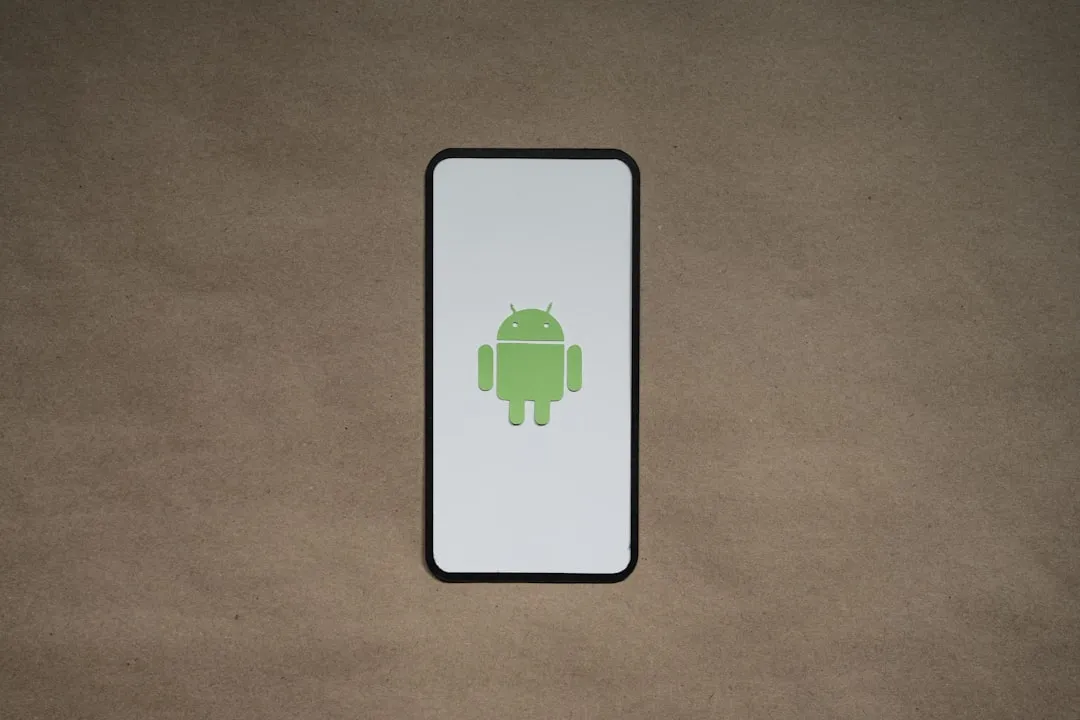
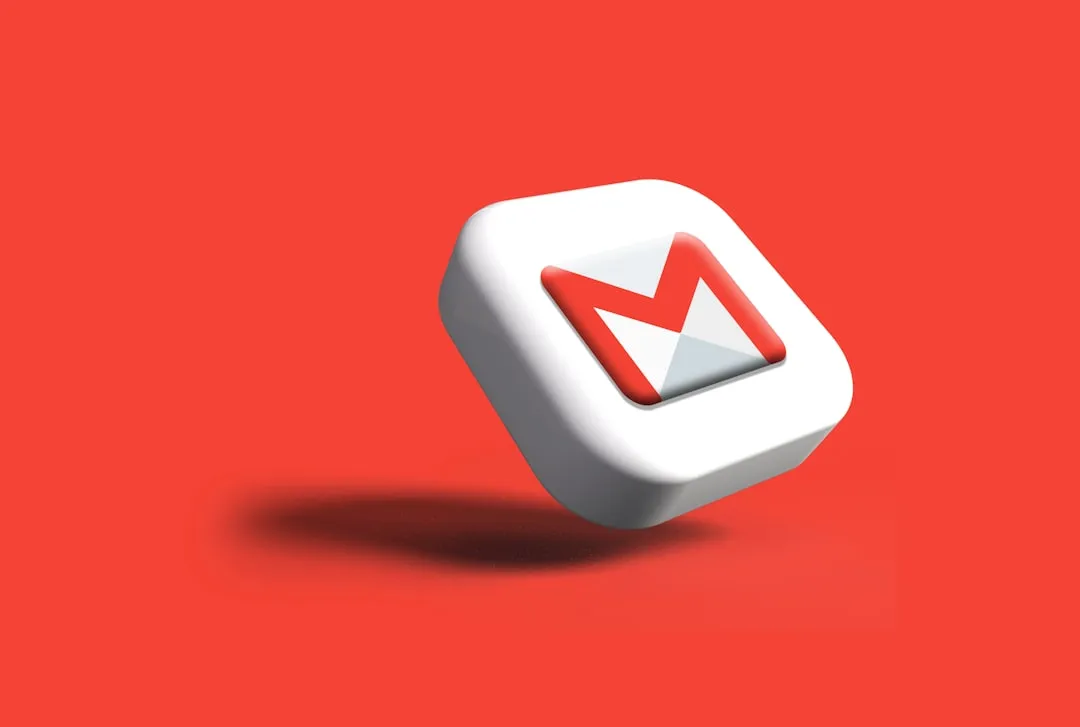
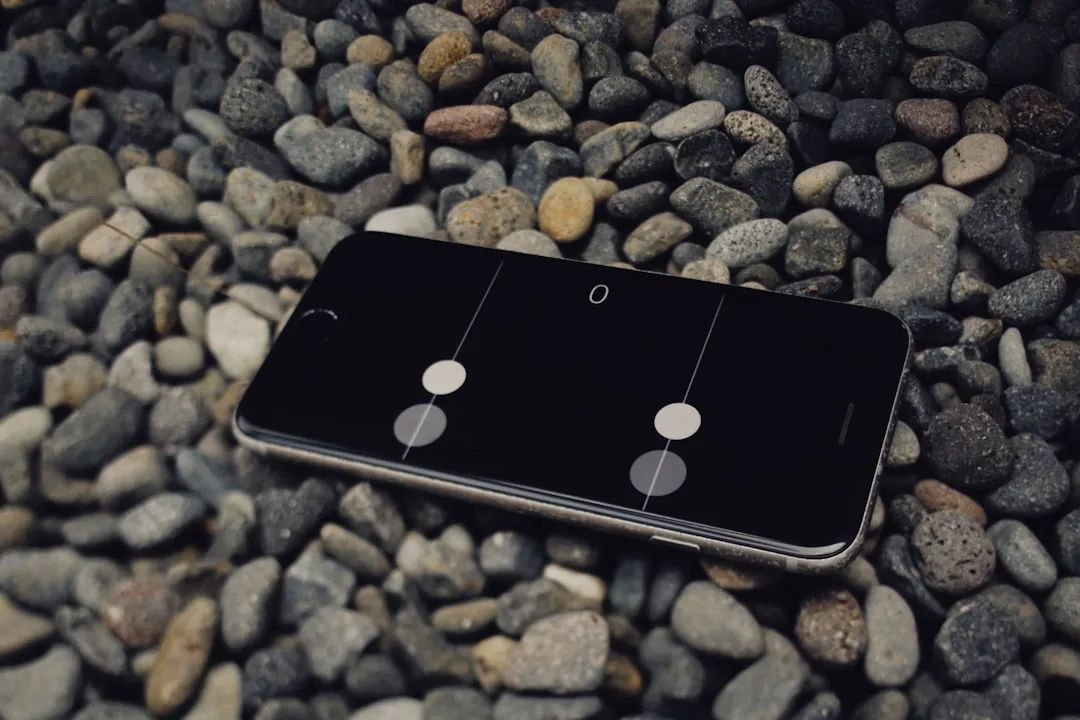
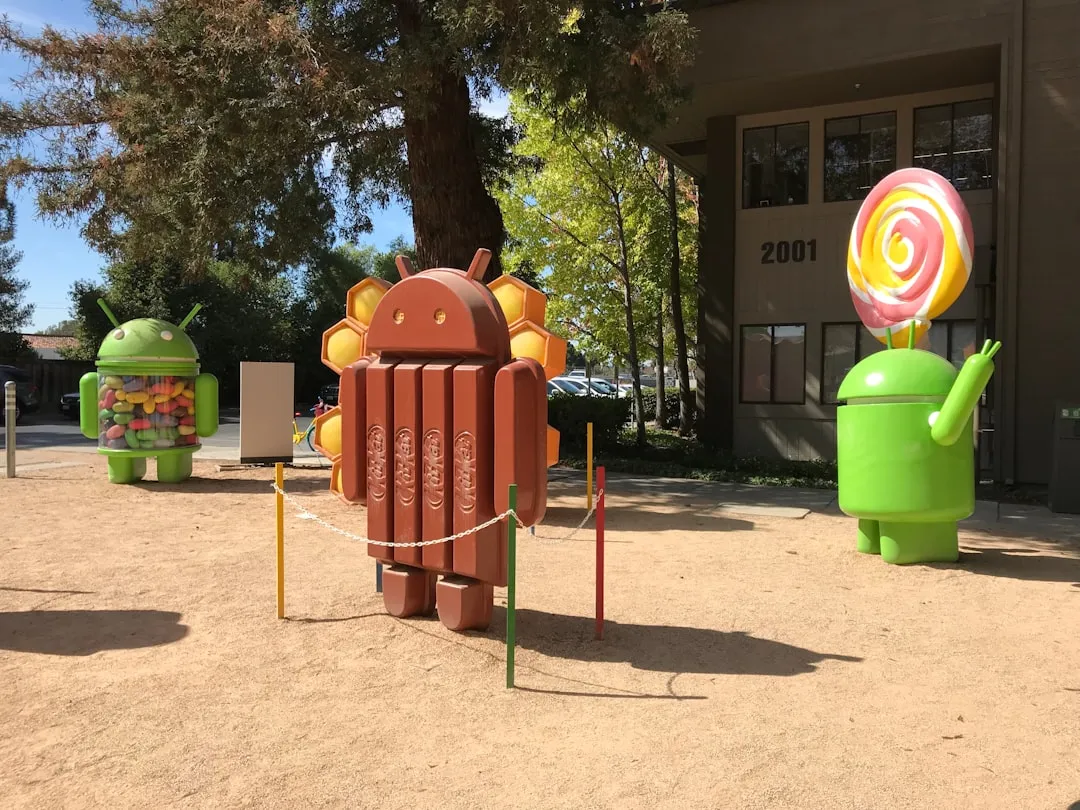

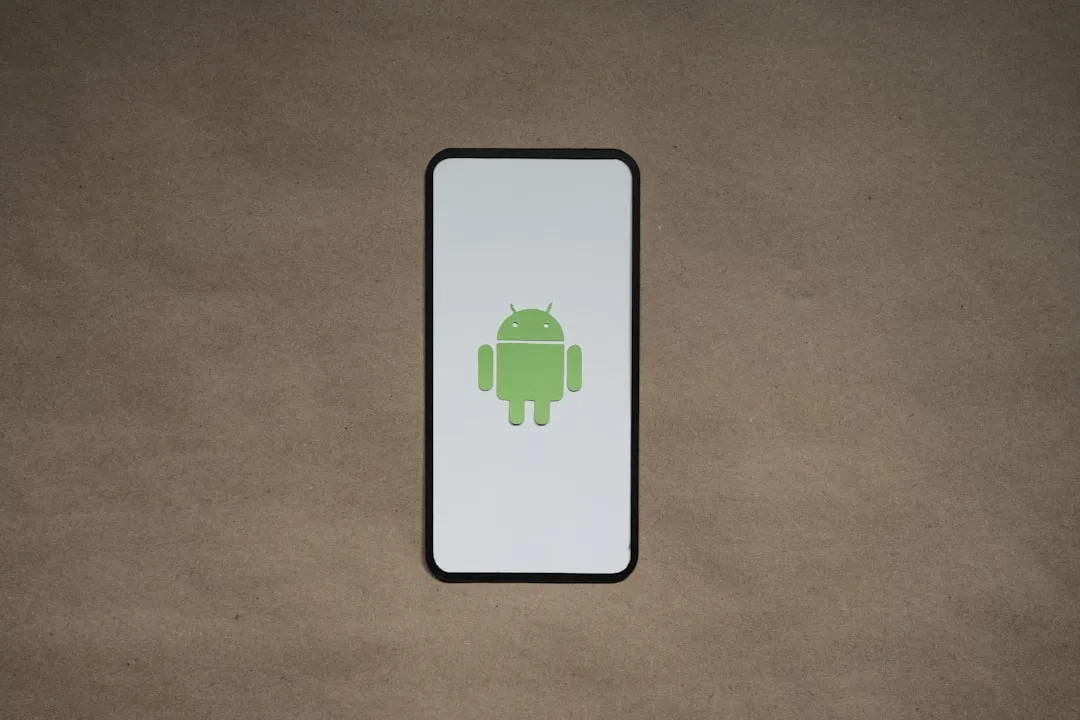

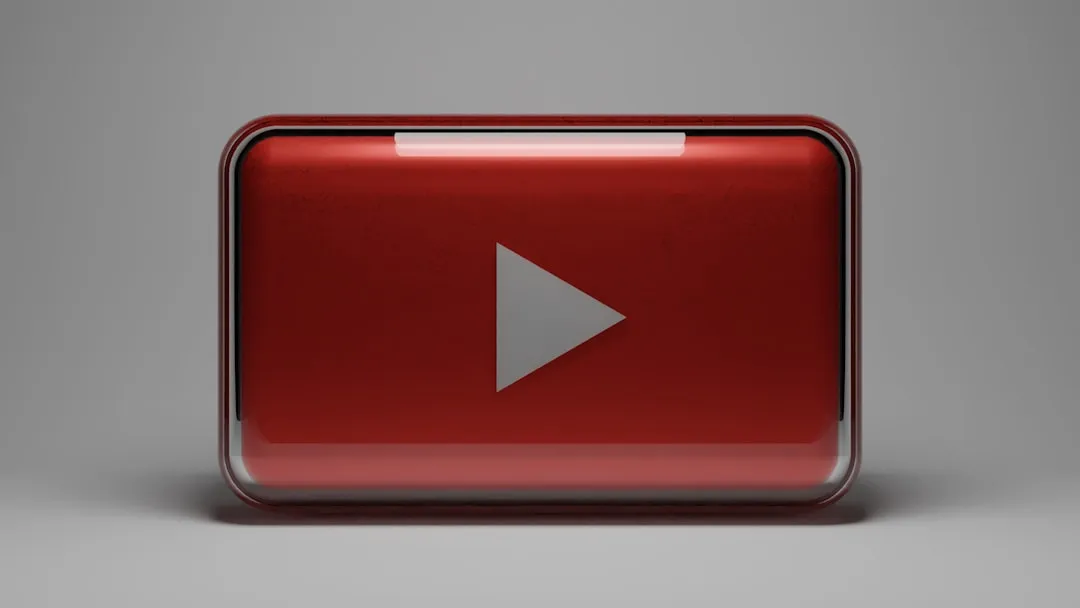
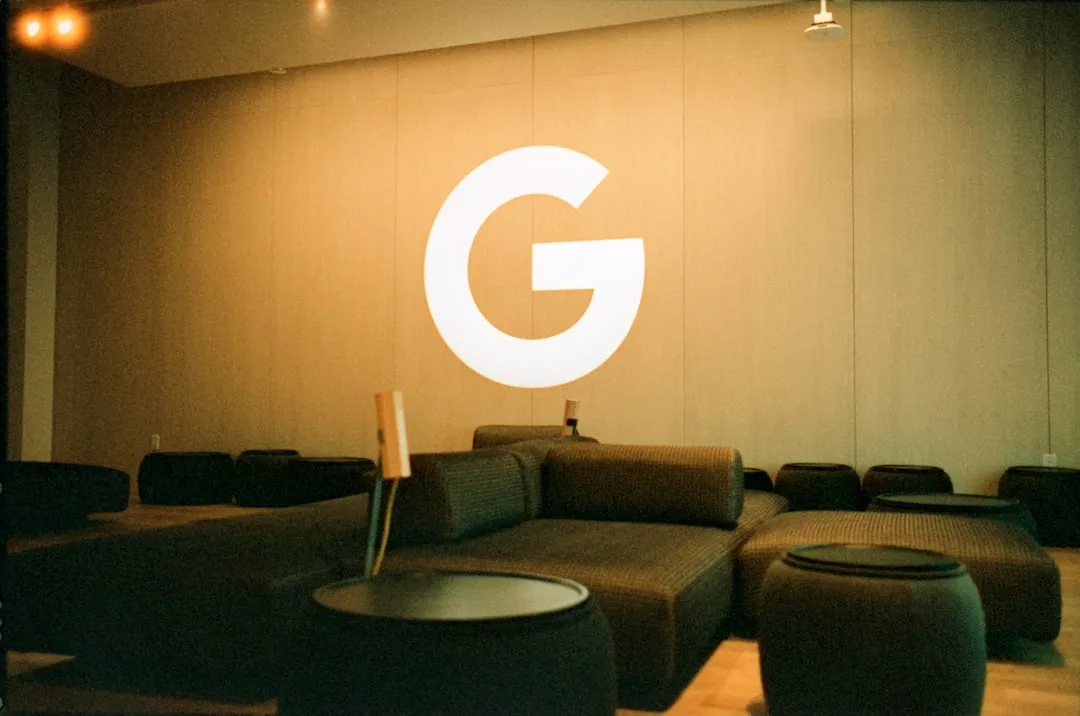
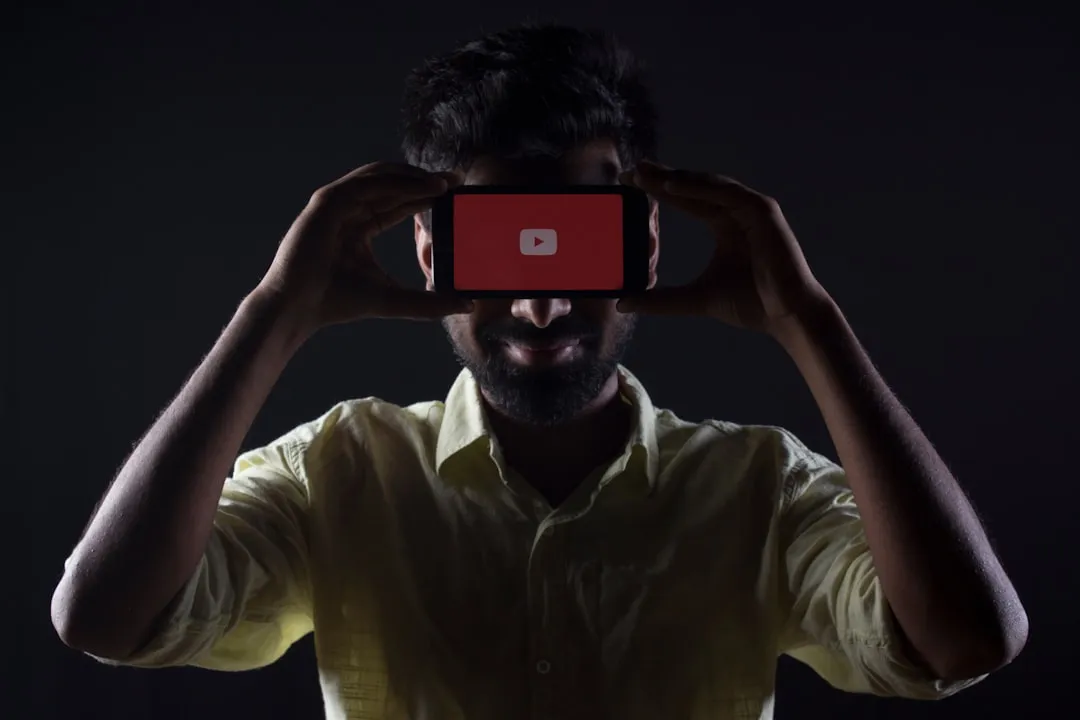
Comments
Be the first, drop a comment!